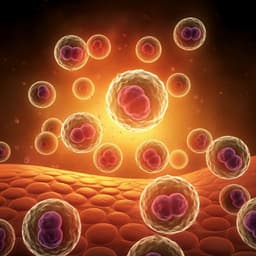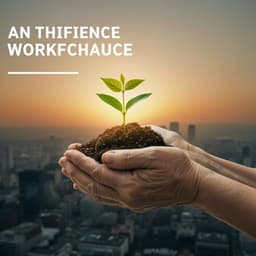
Medicine and Health
Exceptionally low likelihood of Alzheimer’s dementia in APOE2 homozygotes from a 5,000-person neuropathological study
E. M. Reiman, E. Abner, et al.
This groundbreaking study reveals how the APOE2 allele significantly lowers the risk of Alzheimer's dementia, especially in homozygotes. Conducted by renowned researchers including Eric M. Reiman and Eiran Abner, the findings highlight a compelling association between genetic variants and Alzheimer's disease outcomes, paving the way for advancements in understanding and potential treatment.
~3 min • Beginner • English
Related Publications
Explore these studies to deepen your understanding of the subject.







